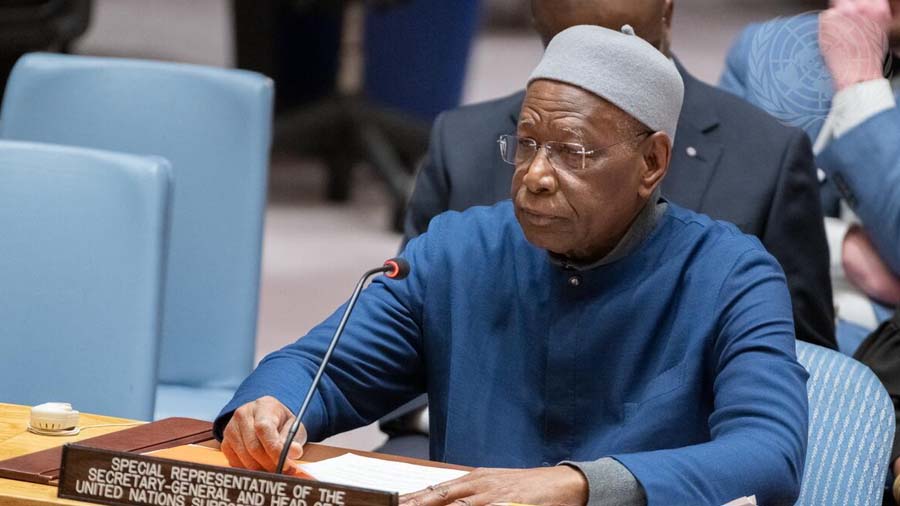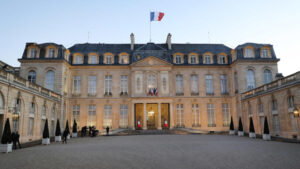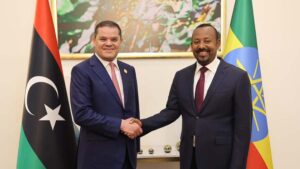The head of the United Nations Support Mission in Libya (UNSMIL) Abdullah Bathily gave a briefing at the UN Security Council on Tuesday regarding the most recent developments in Libya.
Bathily explained in his briefing that the lack of an all-inclusive political consensus, that paves the way for elections, is deteriorating the situation in Libya. The UN Secretary General’s special envoy called on all local and international actors to respond positively to the aspirations of the Libyan people as they seek peace and stability, stating that he is working with the head of the Presidential Council Mohamed Menfi on holding negotiations with different parties in Libya.
On the matter of the proposed electoral laws, Bathily clarified that he had submitted practical suggestions to the main actors in the country, further adding that he had received correspondences from the military general Khalifa Haftar and the Speaker of the House of Representatives (HoR) Aqila Saleh explaining their concerns regarding the laws.
Moreover, the UNSMIL chief considered the establishment of the High Financial Committee and the unification of the Central Bank (CB) positive steps that call for cautious optimism. Furthermore, he pleaded that the Committee conducts tangible procedures that solidify transparency, stressing that Libya needs to overcome divisions and reinstate unified institutions.
Touching on the security tensions that the capital Tripoli witnessed last week, Bathily condemned the clashes between two of the main military factions there and emphasized that such events diminish efforts that seek to conduct elections in the country.
The representatives of the United States and the United Kingdom in the UN Security Council in their response stressed supporting elections in the country, meanwhile, Russia’s representative stated that the acceptance of the results of elections by all Libyan actors must be guaranteed, and warned of turning Libya into a field for proxy wars.
For his part, Libya’s representative in the UN Taher El Sonni assured that the political situation cannot stand extended dialogues that prolong the transitional period, clarifying that the lack of consensus on organizing elections is what escalates security tensions, stressing that the hindrance is political and not legal.





